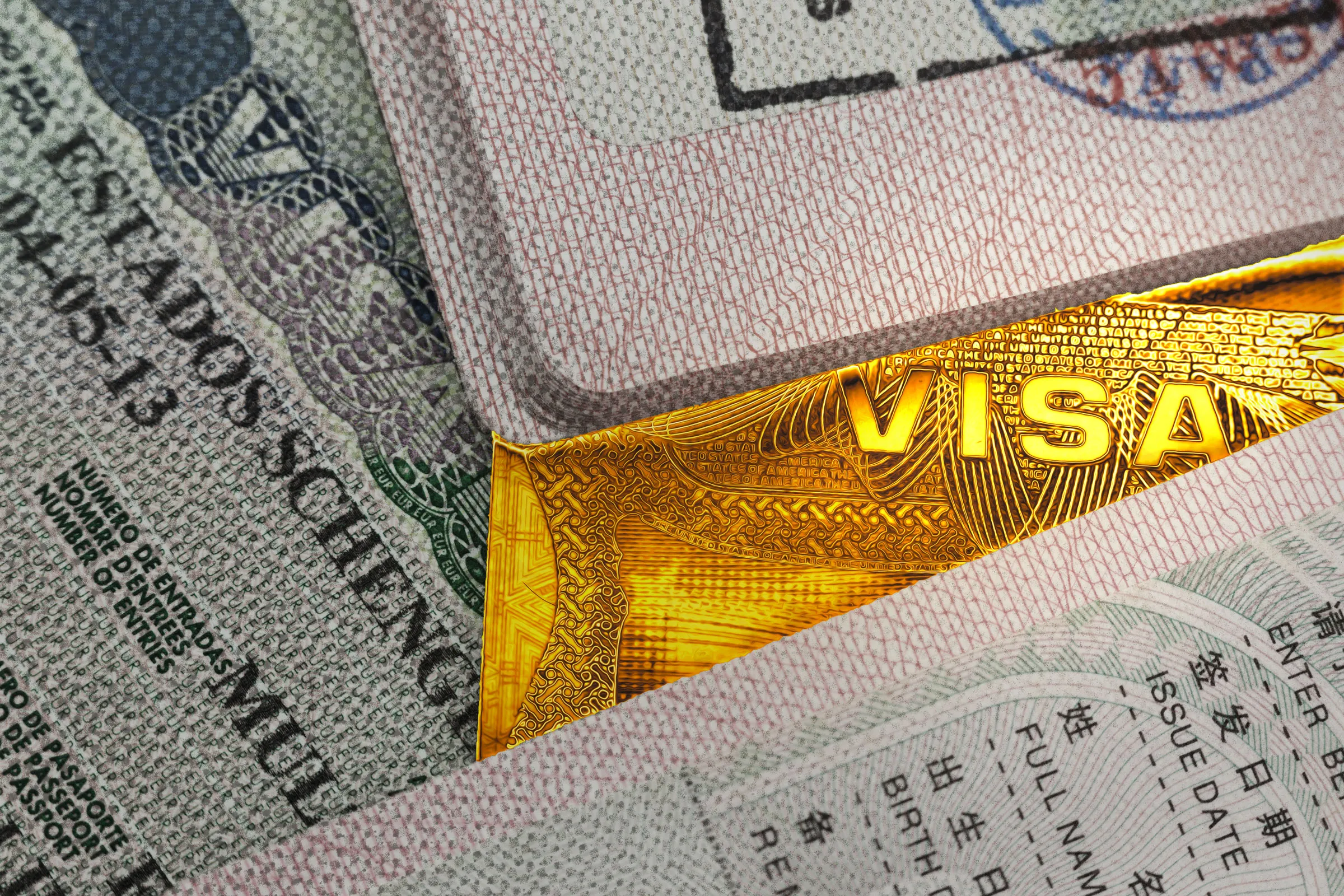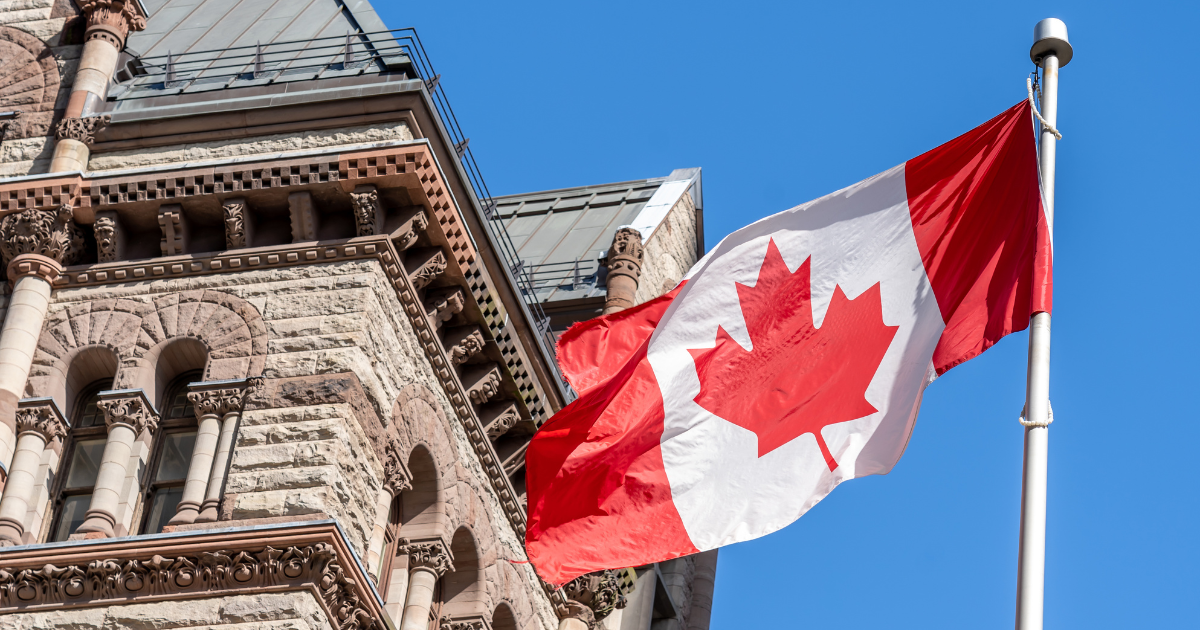What Happened on September 19: Trump Signs the Trump Gold Card Program Into Law
On September 19, 2025, President Donald J. Trump signed an Executive Order establishing the Gold Card program, also dubbed the Trump card, to provide expedited U.S. immigration pathways for foreign individuals who make significant financial gifts. The order, overseen by the Secretary of Commerce in coordination with the Secretaries of State and Homeland Security, allows an individual donor to contribute $1 million or for a corporation/sponsor to donate $2 million on behalf of an individual to qualify. The gift serves as evidence of exceptional business ability and national benefit. The order instructs the government to deposit these contributions into the U.S. Treasury and use them to promote commerce and industry. The Trump card program is intended to realign federal immigration priorities, emphasizing individuals who demonstrate substantial economic contribution to the country. The White House fact sheet made clear that the Trump card will be coordinated with existing visa categories like EB‑1, EB‑2, and possibly expanded to other visa classes if consistent with law and national security concerns. The Executive Order requires relevant departments to establish application and adjudication processes within 90 days.

Trump Gold Card: Who Qualifies and How It Works
Who Is Eligible Under the Trump Card Program?
Applicants must be admissible to the United States, meet lawful permanent residency requirements, pass vetting by Department of Homeland Security, and demonstrate that their financial gift qualifies them under this new standard. Individuals making the gift themselves contribute $1 million; corporations sponsoring individuals will contribute $2 million per person.
Key Features of the Trump Card
-
Expedited visa adjudication process.
-
The gift amount is treated similarly to evidence of extraordinary ability or exceptional business skills, aligning with existing immigration categories.
-
Contributions are deposited into a fund managed by the U.S. Treasury and earmarked for commerce and industry support.
-
The program is overseen by Commerce, State, and Homeland Security departments.
Platinum Tier and Other Versions of the Trump Gold Card
Alongside the Gold Card, the Trump card portal also features a Platinum Card option. It requires a $5 million gift, and if approved, holders will be able to spend up to 270 days per year in the U.S. without U.S. taxation on non‑U.S. income. It’s currently on a waitlist and not yet fully operational under law.

Costs, Process, and Restrictions You Should Know
Applicants will face a nonrefundable processing fee when applying through the official website (trumpcard.gov). The financial gift itself is separate. Multiple entries are not allowed — each individual must apply once and meet all requirements. The gift contribution is also irreversible and serves as part of the eligibility evidence. All applications will undergo background checks, security screenings, and legal inspection to ensure contributions come from lawful sources. The Trump card status can be revoked under national security or legal concerns. The program does not guarantee citizenship, but grants lawful permanent resident status in categories like EB‑1 or EB‑2, depending on application and eligibility.
How Trump Card Fits into Broader U.S. Immigration Strategy
The Trump card marks a shift towards “investment‑based immigration with structured contribution.” It reflects a trend in this administration to realign immigration policy around financial value and national interest. By prioritizing substantial economic contributors, the program aims to raise revenues (via the gifts and processing fees), accelerate economic growth, and potentially reduce tax burden or debt. Critics argue legal challenges may arise, especially regarding whether a president alone can create new visa rights or redefine existing visa categories without Congress. Observers are also watching impact on fairness, potential abuse, and how this compares to existing investor‑visa programs like EB‑5/L-1.
What Prospective Applicants Should Prepare
Prospective beneficiaries of the Trump card should first ensure they meet eligibility criteria: admissibility, legal residency suitability, ability to make the gift, and willingness to undergo detailed vetting. They should prepare financial documentation, proof of source of funds, and legal counsel especially around tax implications. Applicants should keep tabs on implementation regulations — timing, definitions of “significant gift,” how application review will proceed. Those interested in the Platinum tier should be aware of additional tax benefits (non‑U.S. income treatment) but also of legal uncertainty until fully established. Use official government websites only to avoid scams or false claims.
Follow us on social media and website for more insights!









